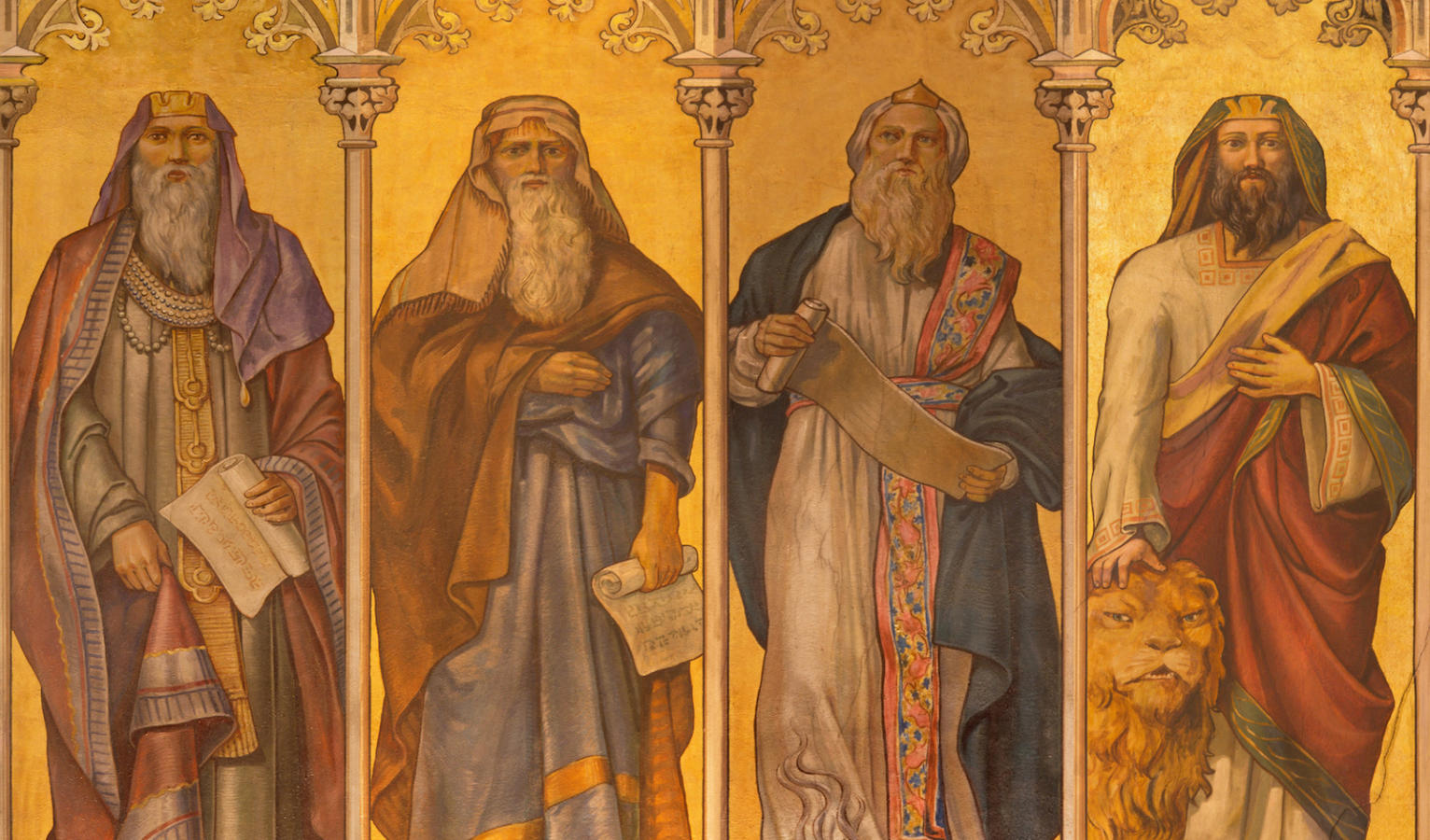Commentary on Parashat Vaetchanan, Deuteronomy 3:23-7:11
The haftarah selection is from Isaiah 40:1-26.
The Shabbat after Tisha B’Av is known as Shabbat Nahamu–the Shabbat of comforting. The special name for this Shabbat is derived from the first words of the haftarah, “nahamu, nahamu”–meaning “be comforted, be comforted.” These words open one of Isaiah’s most famous prophecies of consolation.
Isaiah promises that, after the people of Israel are punished and exiled, they will experience remarkable reconciliation with God. “Speak tenderly to Jerusalem,” God instructs, and tell the city that her term of service is over (40:2). She has finished paying the price for her crimes, and has atoned for her sins. Now is time to prepare for an amazing revelation of God’s presence.
The valleys will be raised, the hills flattened, and on a vast level plain God’s presence will appear for all people to behold.
With your help, My Jewish Learning can provide endless opportunities for learning, connection and discovery.
Isaiah emphasizes that this prophecy will no doubt come to fruition. Unlike grass and flowers, which wither and fade, God’s word is always fulfilled.
Again, Isaiah addresses the city of Jerusalem with comforting words: “Ascend a lofty mountain, herald of joy to Zion. Raise your voice with power, herald of joy to Jerusalem” (40:9). The message is explicit: God is here for all to behold. Like a shepherd taking his flock out to pasture, God carries His people with tender love.
A Celebration of God’s Greatness
Isaiah illustrates God’s awesome strength with a series of questions: “Who measured the waters with the hollow of His hand? Who meted the earth’s dust with a measure? Who weighed the mountains with a scale?” (40:12) Compared to God’s incredible power, the nations are like a drop in a bucket, like nothing in His sight.
Twice in the haftarah Isaiah asks: “To whom, then, can you liken God? What form compares to Him?” (40:18, 25) Isaiah outlines how foolish it would be to compare God to idols, made from silver and wood. A skilled woodworker can make a firm idol that will not topple, but God Himself made the entire earth.
“Lift your eyes and see,” the haftarah closes, “Who created these?” (40:26) Referring to the stars, the text indicates that God fashioned them all. He numbers them one by one. His great might and vast power are unmistakable.
Shabbat
Pronounced: shuh-BAHT or shah-BAHT, Origin: Hebrew, the Sabbath, from sundown Friday to sundown Saturday.



